Starting a business is one of the most exciting (and overwhelming) things you can do. From choosing the right entity to tracking your income, paying yourself, and planning for taxes—there’s a lot to think about.
At Trail CPA, we work with business owners at every stage of the journey. Whether you're just getting started or growing fast, we offer comprehensive support through bookkeeping, tax, controller, and fractional CFO services—so you don’t have to figure it all out alone.
Here’s our foundational guide to getting your business set up for long-term success.
1. Choosing the Right Entity Structure
There are two sides to choosing an entity: legal and tax.
Legal structures include:
Sole Proprietorship
LLC
Partnership
Corporation
Other variations (PLLC, LLP, LP, PC)
Tax structures determine how your business is taxed:
Sole proprietors typically file on Schedule C of their personal 1040
Partnerships, S Corporations, and C Corporations file separately
Your structure impacts how you pay yourself, how much you pay in taxes, and how profits are reported
Not sure which option is right? Our tax team can help you choose the best setup for your business goals and personal situation.
2. Creating Your Entity & Staying Compliant
Once you’ve chosen a structure, you’ll need to handle a few administrative tasks:
Register your business with the Secretary of State
Apply for an EIN
Get any necessary licenses or permits
Draft operating agreements or bylaws
Ensure compliance with federal, state, and local regulations
Need help forming your LLC or navigating compliance? Our team can guide you through the setup process—and keep things running smoothly as you grow.
3. Open a Separate Business Bank Account
We strongly recommend running all income and expenses through a dedicated business bank account. Keeping things separate:
Simplifies your bookkeeping
Strengthens audit protection
Makes tax prep faster and easier
If you accidentally run a business transaction through your personal account, just let us know. Our bookkeeping team can help clean it up and ensure it’s properly recorded at year-end.
4. Save Receipts—But Don’t Stress About It
You don’t need to meticulously track every paper receipt, but it’s smart to keep a record of your major business expenses. Here’s a simple framework:
Bank or credit card statements are often enough
Receipts are helpful for purchases that aren’t clearly business-related (like Costco or Amazon)
Keep better records for meals, travel, vehicle use, home office, and cash transactions, which are more likely to be audited
We recommend creating a cloud folder (Google Drive, Dropbox, etc.) or simply leaving receipts in your email for easy retrieval.
5. Choose the Right Accounting Software
Your accounting system should grow with your business. Here’s what we typically recommend:
QuickBooks Online – Best all-around choice, and fully supported by our team
Excel – Fine for solopreneurs or side hustles with minimal transactions
Xero – A solid alternative to QuickBooks
Need help setting it up? Our bookkeeping and controller services can take the setup and monthly maintenance off your plate entirely.
6. Plan Ahead for Taxes
Don’t get caught off guard—here’s what to keep in mind:
Set aside 25–30% of your profits for income taxes
Make quarterly estimated tax payments (due April 15, June 15, September 15, January 15)
Filing a tax extension is a common, helpful strategy that gives you more time for planning
Use IRS.gov/payments to submit payments directly
Our tax team can help you plan, estimate, and file—so you’re never scrambling at the last minute.
7. Paying Yourself
How you pay yourself depends on your tax structure:
Schedule C (sole prop/LLC): The cash left in the business after expenses is yours—take draws as needed
Partnerships, S Corps, and C Corps: Payments are more regulated and often require payroll or formal distributions
Not sure how to do it properly? Our controller and CFO team can walk you through compensation planning, cash flow, and tax-efficient strategies.
8. Keep Records (and Keep Them Secure)
Store tax documents and receipts for 7 years
Keep a copy of all filed tax returns indefinitely
Digital storage is fine—as long as it's secure and organized
We can help you implement a simple recordkeeping system that fits your workflow.
9. Monitor Other Tax Responsibilities
Depending on your business, you may also need to manage:
Sales tax collection and filing
Payroll and payroll tax compliance
Washington state capital gains tax (if applicable)
Our team can help you determine what applies and make sure nothing slips through the cracks.
10. Build Your Trusted Advisor Network
In addition to financial services, most business owners benefit from legal, insurance, and financial planning support. We have trusted referral partners and are happy to make introductions in areas like:
Payroll
Legal & compliance
Estate planning
Business lending
Financial advising
Business insurance
You Don’t Have to Figure It All Out Alone
At Trail CPA, we offer more than just tax preparation—we’re your partner in building a strong financial foundation.
Whether you need:
Monthly bookkeeping support
Hands-on controller services
High-level guidance from a fractional CFO
Or year-round tax planning and filing
We’re here to help you stay organized, make smarter decisions, and grow with confidence.
Have questions or ready to get started? Reach out to Trail CPA today.

